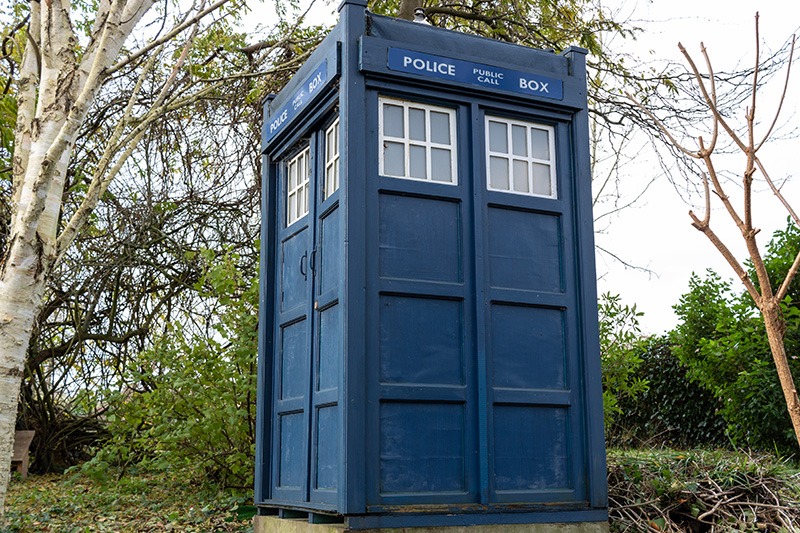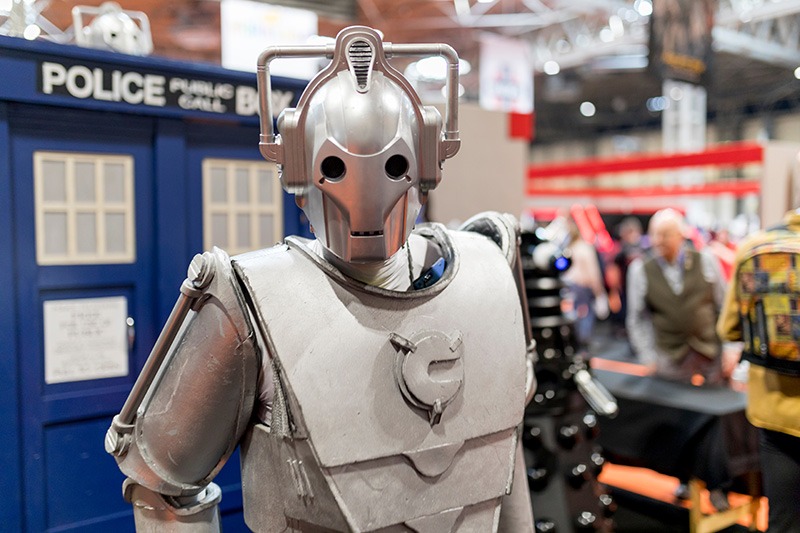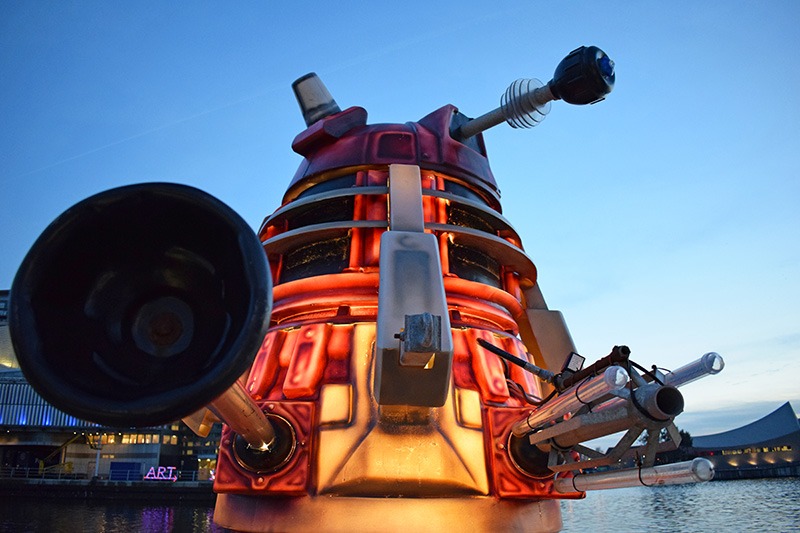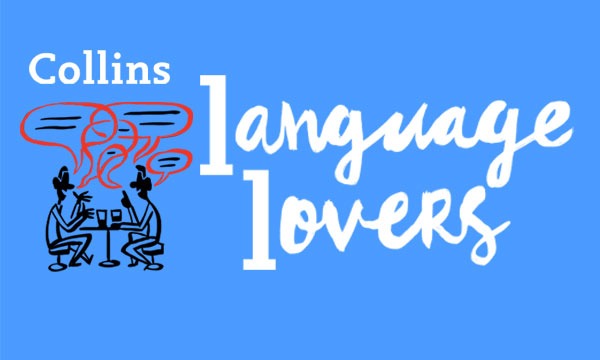Whovians… assemble!
It’s a landmark year for fans of the British science fiction show Doctor Who, as the BBC celebrates Doctor Who’s 60th anniversary with some very special episodes. The 60th anniversary celebration has involved three new episodes featuring the much-loved Tenth Doctor, played by David Tennant, and his companion Donna Noble, played by Catherine Tate.
If you’re not yet familiar with the Whovian universe, here’s a crash course. We first met the Doctor in 1963 and since then, the programme has majorly influenced the sci-fi genre and pop culture as a whole, with Guinness World Records proclaiming it as the longest-running sci-fi TV series in the world, as well as the most successful sci-fi series of all time, based on its overall broadcast ratings and associated DVD and book sales.
Each year, fans of the show – also known as Whovians – get geared up for the Doctor Who Christmas special. This year, there’s never been a better time to start watching as the Fifteenth Doctor, played by Ncuti Gatwa, will make their debut appearance in the 2023 Christmas special.
So, we felt it was time to give you a crash course in Who-speak to prepare you for your next great adventure. As the Tenth Doctor is fond of saying, allons-y!
1. TARDIS-like
‘Oh, it’s the Tardis, it’s my home, or at least it has been for a considerable number of years.’ – the Second Doctor, played by Patrick Troughton

Let’s start with the basics. The TARDIS, an acronym for Time And Relative Dimension(s) In Space, serves as Doctor’s home. It’s also a spaceship, a time machine, and occasionally, a troublemaker that sends the Doctor and their Companion on some wild adventures.
The most remarkable thing about the TARDIS is while its exterior takes the form of an iconic retro blue London police box, its interior is infinite. It contains multiple laboratories, living spaces, a library, a swimming pool… essentially it is far bigger on the inside than it is on the outside. The TARDIS became synonymous with this concept, and TARDIS-like entered the Collins Dictionary in 2013.
2. Time Lord
‘I’m a Time Lord. I’ve been around, you know. Two Hearts, respiratory bypass system. I haven’t lived 750 without learning something.’– the Fourth Doctor, played by Tom Baker
Who is the Doctor? And more importantly, what is the Doctor? While the Doctor looks human, they’re actually an alien. More specifically, they’re a Time Lord from the planet Gallifrey (more on that shortly). Most intriguingly, the Doctor appears to be one of the last remaining Time Lords in the galaxy.
Being part of an ancient race of aliens gives the Doctor extraordinary powers including telepathy, an innate understanding of all languages, and regeneration. But of course, the most potent power which forms the basis of the entire TV show is time travel. The Doctor uses this power to travel across space and time to defend people, planets, or any creature in need of protection, from evil-doing aliens and monsters.
3. Companion
‘I’m a human being. Maybe not the stuff of legend but every bit as important as Time Lords, thank you.’ – the Tenth Doctor’s companion Donna Noble, played by Catherine Tate
Everybody needs a friend, even a time-travelling alien. The Doctor has a soft spot for humans, who he considers to be one of the most fascinating and redeemable races in the galaxy. In episodes past, the Doctor has praised humanity for its ability to adapt and its desire to explore.
For this reason, the Doctor likes to choose human companions, often young women. But these relationships are usually purely platonic, with a companion being defined as, ‘someone who you spend time with or who you are travelling with.’ Notable companions over the years have included Amy Pond, who knew the doctor since childhood; Sarah Jane Smith, who travelled with the Third and Fourth Doctors and got her own spin-off show; and Rose Tyler, the first companion of the so called ‘Revived era’ which began in 2005 with the Ninth Doctor.
4. Cybermen
‘The next level of mankind. We are human-point-2. Every citizen will receive a free upgrade. You will become like us.’ – Cybermen

Doctor Who has had some legendary villains over the years. Depending on which Doctor you grew up with, it’s likely some will terrify you more than others. Daleks, Weeping Angels, Voc robots, The Silence and of course, the Cybermen. A Doctor Who-original villain, we first met a Cyberman in 1966 and since then, the word has been adopted to refer to any cyborg or humanoid robot.
Hailing from Earth’s long-lost twin planet of Mondas, Cybermen were once much like us. That is until they developed a taste for implanting artificial parts into their own bodies which slowly transformed them into a cold, calculating race of aliens that are determined to make the entire galaxy just like them. Fortunately, they’re allergic to gold.
5. Regeneration
‘It’s started, I can’t stop it now, this is just the reset, a whole new regeneration cycle, ooh.’ – the Eleventh Doctor, played by Matt Smith
For an alien that is approximately over 1,000 years old, the Doctor looks pretty good. Who needs retinol when you can indulge in regeneration? We mentioned earlier that regeneration is a power possessed by Time Lords, but what exactly does it mean in Doctor Who? Technically, it’s defined as rebirth or renewal. In the case of the Doctor, they are able to regenerate their body when near death.
This provides a very convenient way for show writers to keep things fresh, being able to cast new actors to play the doctors over a very long period of time. It was first introduced in 1966 when lead actor William Hartnell chose to depart the show, and it quickly became a linchpin in Doctor Who lore. Regeneration allows the Doctor to change body, gender, personality and race, though the Doctor seems to favour a human appearance. As long as he’s not a redhead.
6. Gallifrey
‘I didn’t leave Gallifrey because I was bored! That was a lie, it’s always been a lie! Not enough? You want more? I was scared! I ran because I was scared!’ – the Twelfth Doctor, played by Peter Capaldi
The Doctor’s home world, situated in the constellation of Kasterborous, Gallifrey was the citadel of the Time Lords. The Third Doctor, played by Jon Pertwee, described his home planet as a mountainous region, made of red, brown, purple and gold rocks, capped with shining white snow. The Tenth Doctor, played by David Tennant, expanded on this by reminiscing about Gallifrey’s deep red grass, capped in snow, and how the trees looked like a forest on fire in the mornings.
Unfortunately, as far as we know, Gallifrey is no more, thought to be destroyed in the Last Great Time War, a battle between the Time Lords and their greatest enemy, the Daleks. There’s a lot of debate as to where the word Gallifrey comes from, but dedicated Whovians have suggested it may be related to gallimaufry, which means ‘medley or hodgepodge’.
7. Dalek
‘EXTERMINATE!’ – The Daleks

We’ve saved the best for last. THE DALEKS. A fictional race of mutants, these violent and pitiless cyborg aliens are fuelled by hatred and determined to exterminate anything and everything. Especially the Time Lords, which means the Doctor often finds himself face-to-face with these feisty creatures. Daleks have become a pop culture icon over the years, despite their spiky pepper pot appearance.
Created by Davros, an insane scientist who taught them to hate anything different to themselves, some of the Daleks’ most famous phrases include ‘EXTERMINATE!’ and ‘Daleks conquer and destroy!’ Frankly, their vocabulary is somewhat stilted. Once a terrifying sight for children of the 60s, the Daleks now are hilariously low-tech and tend to remind you of a sentient Roomba gone wild.
If you’re interested in more TV-related vocabulary, you should also read 100% faithful: The Traitors unofficial glossary and The totally rad guide to Stranger Things slang.
By Rachel Quin
Rachel Quin is a freelance marketer and copywriter with a love of language, books and cats.
All opinions expressed on this blog are those of the individual writers, and do not necessarily reflect the opinions or policies of Collins, or its parent company, HarperCollins.




collins_dictionary_official
The home of living language. #wotd #wordlovers #collinsdictionary
Read our word of the week definitions and blog posts: